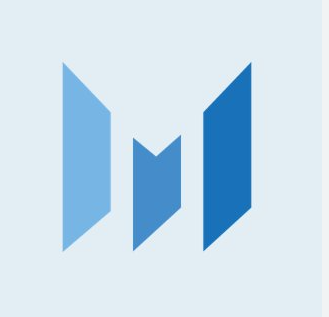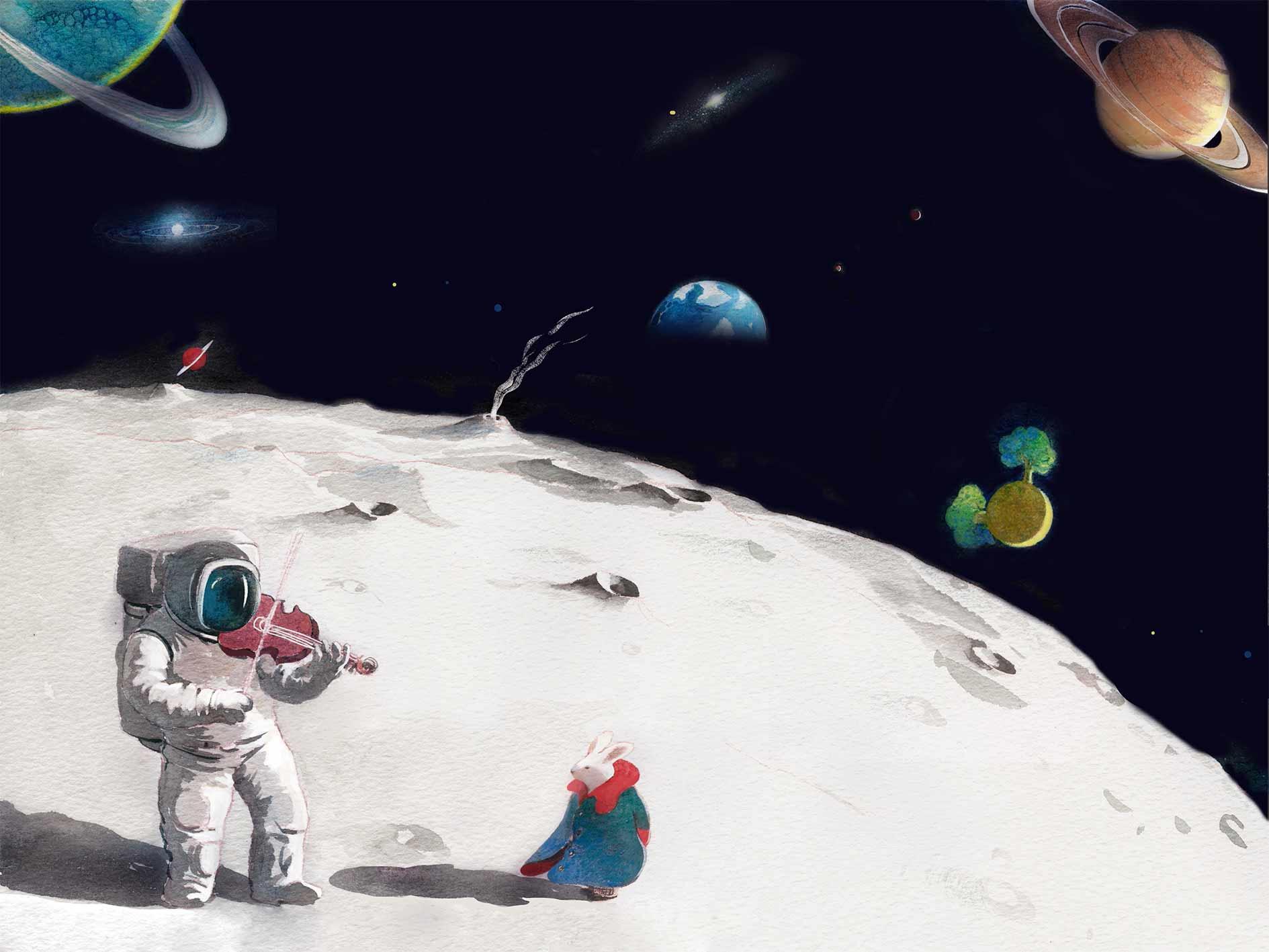Messari interprets VitaDAO: A DAO organization focused on longevity research
Original Author: Ryan Malden, Messari
Original Title: 《Long Live VitaDAO》
Compiled by: Li Zeyi, Chain Catcher
Blockchain has empowered the birth of a new generation of applications and financial primitives. Examples like DeFi, NFT, and GameFi are some of the most striking innovations in the emerging web3 ecosystem. Beyond services and applications, blockchain also gives creative individuals and groups the ability to redesign, build, and operate a new type of organization: Decentralized Autonomous Organizations (DAOs). DAOs are slowly gaining recognition among the American public, with a notable example being ConstitutionDAO, which represented the internet's collective effort to bid for a copy of the U.S. Constitution in November.
When comparing DAOs to companies, a significant distinction is that DAOs do not have centralized, authoritative decision-making power. In fact, DAOs are often run by a core team that reports directly to the community, exercising governance through their blockchain tokens. The goal of these DAOs is to decentralize power within their communities to encourage member participation and maintain financial progress through the long-term success of the DAO.
The purposes for establishing a DAO can vary widely. Some, like ConstitutionDAO, are formed when people want to purchase something; others are created and operated like businesses. Additionally, there are organizations like VitaDAO, which was established around the mission of funding advancements in longevity research. To understand what makes VitaDAO unique, let's first delve into a more complex topic: drug research.
1. Barriers in Research
Currently, the path to longevity research is often a convoluted and lengthy process. Research organizations, scholars, or independent scientists typically need the right connections or government collaboration to secure funding for new studies. However, this creates several barriers:
Economic Disparity: Pharmaceutical companies pursue profit-maximizing products at the expense of other potentially innovative discoveries.
Intellectual Property Laws: Research funded by companies or private entities is often shrouded in the veil of "corporate property," limiting opportunities for collaboration.
We can compare software development to drug research. The rise of open-source software has allowed developers to share reusable code with one another, leading to an explosive growth of new products, companies, and services. In contrast, pharmaceutical companies that choose to monopolize research data and intellectual property ultimately impose significant restrictions on the scientific community and even on human society as a whole.
2. Challenging the Status Quo
This is why VitaDAO was established. Essentially, VitaDAO is an early-stage collective focused on longevity research, dedicated to achieving more open and community-driven research. By utilizing the Ethereum public chain, VitaDAO has an expanded toolkit for leveraging intellectual property and directly rewarding the community from assets owned by the DAO.
VitaDAO aims to challenge the status quo of the longevity industry by opening governance rights to token holders participating in the community. The DAO and its donor partners are using these funds to finance projects in longevity and medical research. Driven by the aging population in developed economies, it is expected to achieve a value exceeding $62 billion in 2021, with significant growth projected over the next five years. This industry is a prime example of how DAOs can create value through their unique long-term positioning.

In June 2021, VitaDAO publicly launched the Gnosis auction for the VITA token. During the launch process, they raised funds from various sources, including the public, core team, and research entities, to establish a protocol library. In return, auction participants received VITA tokens. This is a governance token that grants holders voting and governance rights. Since raising funds, VitaDAO has actively integrated team members as well as existing intellectual property and research data into the DAO ecosystem.

Image Source: Medium - "How VitaDao Works"
For example, the core team is currently collaborating with several research groups, such as the University of Copenhagen, which is providing research, operational expertise, and legal protection for VitaDAO's asset pool. As scientists share data and research with VitaDAO, they democratize the DAO and provide other members with greater opportunities for longevity and therapeutic research. Researchers and working groups contributing data or expertise to VitaDAO will receive VITA token rewards, granting them additional governance rights over the DAO's intellectual property and providing economic incentives for their continued participation.
Of course, investors may wonder how VitaDAO achieves this without losing access to its intellectual property (IP), especially considering the transparency of the DAO. But rest assured, VitaDAO does not fully disclose patents for free. Instead, any patented IP owned by the DAO is effectively divided into non-fungible tokens or NFTs. These NFTs are then managed by VITA governance token holders and can be used as revenue to support subsequent research by VitaDAO. Potential revenue comes from two sources: licensing intellectual property to public or private companies producing their own products, or selling datasets and research on DEXs, such as public markets. The latter is particularly interesting as it represents a decentralized option that allows VitaDAO to sell segments of research while protecting data privacy.
In the long run, VitaDAO intends to hold a variety of products and research contributions, especially those that benefit humanity. The team targets research ideas that may be overlooked by large pharmaceutical companies and academia for political, economic, or other reasons. Since all activities of VitaDAO occur on the Ethereum public chain, including VITA tokens, tokenized VitaDAO IP, and DAO governance decisions, the activities of the DAO are transparent to all community members, who can verify contributions and view all activities happening within the VitaDAO ecosystem. This spirit of openness aligns with VitaDAO's mission, which is to democratize longevity and medical research by making things more transparent and allowing everyone free access.
3. Conclusion
For crypto investors, purchasing VITA tokens equates to gaining community governance rights over VitaDAO and governance over the DAO's intellectual property data, as well as a vision for a more transparent research funding model. For those working, researching, or possessing consulting expertise in the medical field, VitaDAO encourages them to apply and contribute. In a competitive market context, the growth of the research community will only help VitaDAO leverage its expanding portfolio of products and assets for licensing agreements and data sales.

While it is still too early to conclude whether VitaDAO will succeed, it has already become a leading DAO in decentralized science (DeSci). In the long run, the success of VitaDAO will encourage other research groups and companies to rethink how they fundraise, set rewards, and share value for their researchers and supporters in a more democratic and accessible manner.










